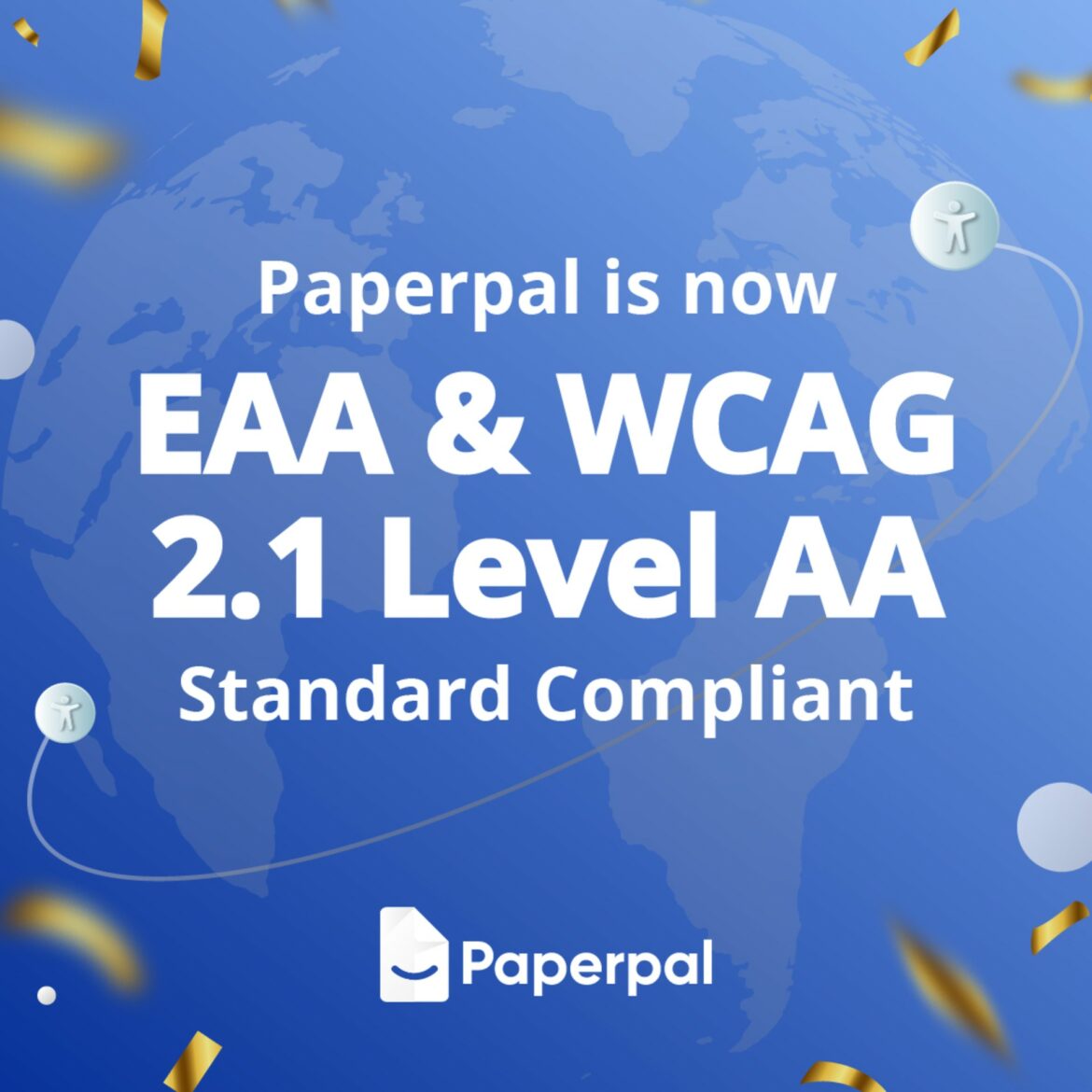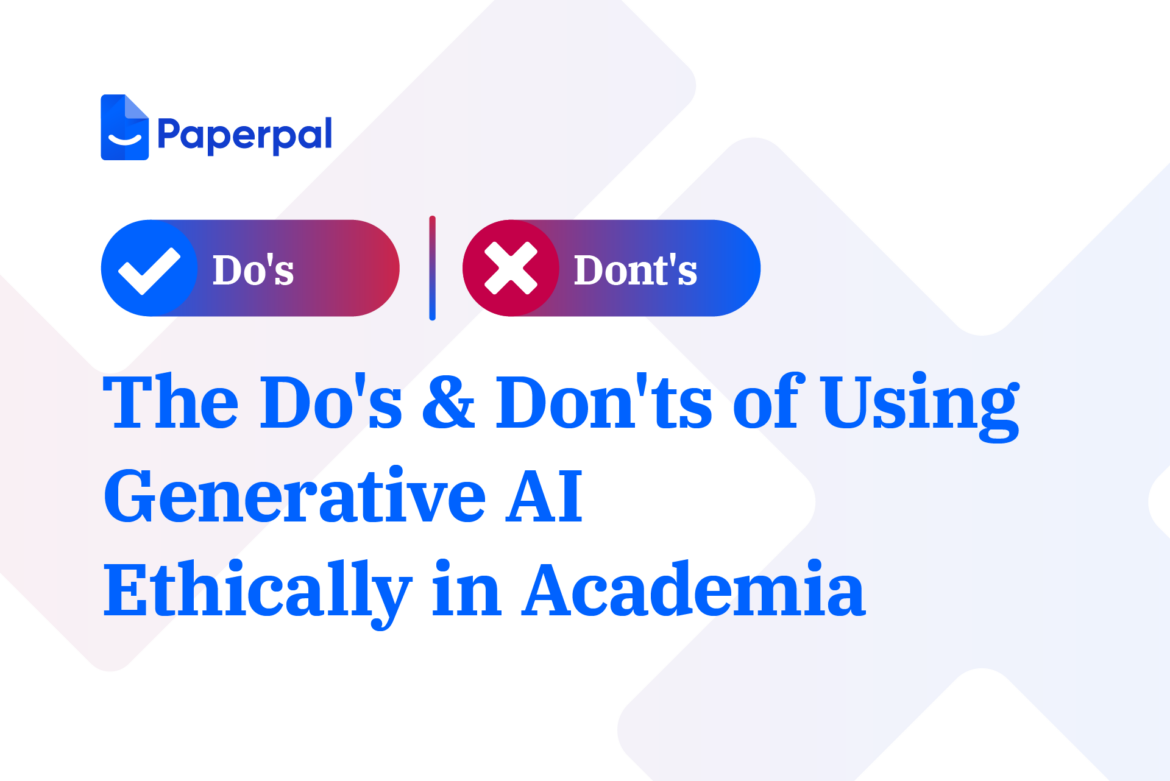In a significant stride toward inclusive digital access, Paperpal proudly announces its full compliance with the European Accessibility Act (EAA) and the Web Content Accessibility Guidelines (WCAG 2.1 Level AA). These standards represent a global benchmark for accessibility, and this achievement positions Paperpal, an AI writing assistant relied on by over …
Paperpal
Generative AI has ushered in a new era of possibilities, redefining the way we create content, analyze data, and unlock new insights. However, as academics delve into the efficiencies that these generative AI tools offer, it’s crucial to recognize their limitations and be aware of the ethical considerations around using …
Academic writing encompasses various essay types, each serving distinct purposes and following specific structures, whether it is to inform, persuade, narrate, or analyze. An argumentative essay, for example, is used to present an evidence-based argument and explain your position or view on a subject. Reflective essays allow you to deliberate …
Many early career researchers struggle to organize and structure their study content as they begin writing manuscripts and articles. One way to make things easier is to use headings and subheadings. Research paper headings and subheadings serve as navigational tools for readers, allowing them to skim through the content quickly. …
A well-written academic paper is crucial for effectively communicating research findings. Even the most innovative and groundbreaking concepts and ideas that a researcher might have will have little impact if they are not well articulated and presented. Therefore, it is imperative to ensure cohesion and coherence when writing research papers. …
In the academic sphere, a PhD student and a PhD researcher are two terms often used interchangeably, leading to more confusion. A PhD student is an individual pursuing a PhD qualification or a doctoral degree through research at an institution. Typically, they will be under the guidance of a PhD …
Academics are expected to actively publish their work in high-impact journals, not just to share their research findings with wider audiences but also to remain relevant in their careers. In fact, academic publishing is often seen as a key performance indicator at many institutes. Therefore, the pressure to ‘publish or …
Artificial Intelligence (AI), once confined to the realm of science fiction, has rapidly permeated every facet of our lives. From daily routines to healthcare and education, the “invisible hand” of AI is transforming how we interact with the world. In education, particularly in the field of language learning, AI has …
Did you know that authors spend over 11 hours a week reading research literature?[1] Are you also spending long hours searching and reviewing papers and even longer transforming your insights into a compelling literature review? With millions of studies being published annually and this number rising 8-9% every year,[2] navigating …
In an academic setting, students are often tasked with writing different kinds of essays designed to cultivate critical thinking and analytical abilities. One such essay is the discursive essay, which enables students to explore and assess multiple perspectives on a specific topic. Typically assigned to those pursuing disciplines such as humanities …












